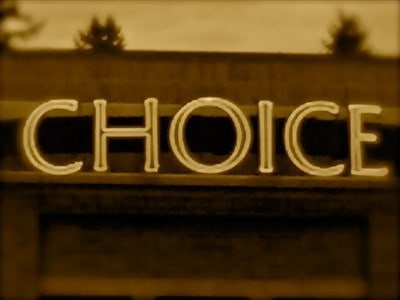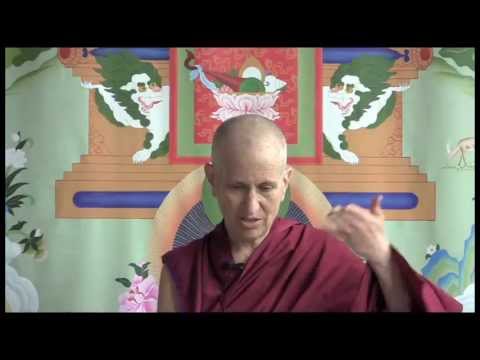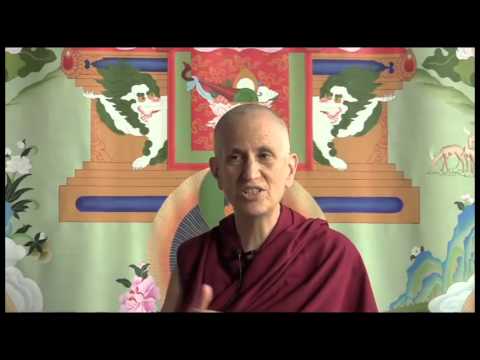The choices we make
By B. V. C.

In today’s world there are millions of people, of which I am one, who are currently incarcerated in juvenile institutions, jails and prisons. Most of us are guilty of breaking the law, some of us many times over. Our harmful actions towards other people have led us to be incarcerated.
How did we get here?
How and why each one of us reached a point in our lives where we gave ourselves permission to commit a crime are various. Some of us may have come from a broken home, or may have been abused in some ways, or lived in poverty. The use of drugs or alcohol may have been a factor as well, or maybe we were overcome by greed.
I can look at my own past and see that all of these things were a part of my life when I was growing up. Why is it that some people who live through similar circumstances do not go out and do harmful actions to others, but are able to live life in a meaningful way? I have four siblings who grew up in the same household that I did but they have never been in trouble with the law and they all live responsible lives.
Personal choices
I believe that it all comes down to the choices we each make as individuals. No one forced me to commit the crimes that I did. I choose to do what I did. Not stopping to think about the harm that I was causing to other people, I allowed my own ignorance, anger, and greed to override any feelings of empathy or compassion that I would have otherwise felt had I not been wrapped up in my own selfish desires.
When we continue to make reckless and foolish choices in our lives, these behaviors can become ingrained in our character and we begin to think that that person is who we really are, be it a thief, a burglar, a bank robber, a sex offender, or murderer. In reality, though, this is not who we are.
Admitting the harm we have done
Yes we may have done these harmful actions but we do not need to stay stuck in believing that we cannot change our behaviors. To think of ourselves in terms of the crimes we have committed only helps to reinforce the negative behaviors we’ve exhibited in the past. For myself I had to stop and take an honest look at how I had lived my life. Recognizing and admitting our harmful actions, even just to ourselves can be difficult and at time scary. Our ego will try and get in the way; we may want to go into a state of denial or minimize our negative actions towards others. To be able to be honest about our own thoughts, feelings, and actions is a huge step forward. No longer having to hide or make up lies about our negative behaviors is very liberating. We are opening the door to having a fresh start in our lives.
Not everyone in life is “out to get us.” We need to start putting our trust in the people who really care about our wellbeing. I have found such people now within my family and in the Buddhist community. There are many caring people in this world; we just need to reach out to them and let them know in some way that we need their help.
I believe that all of us are presented with opportunities to have positive things happen for us. We need to have the patience to wait and to work towards these opportunities. As long as we continue to create positive karma by not doing harmful actions and doing our best to be of benefit to all sentient beings by doing virtuous actions, then we are living our lives the way we are meant to.
Developing mindfulness
People in prison come from all walks of life, not all of us are “career criminals.” Many of us held legitimate jobs, raised families, and had dreams of a better future. Somewhere along the way we made mistakes, some bigger than others. We allowed temptation to overcome our rational mind or failed to control our anger.
Through meditation and mindfulness we can learn to recognize thoughts and feelings for what they are—just thoughts and feelings. Just because we have them doesn’t mean we have to react to them. By slowing down our mind and not reacting out of anger or fear, we can learn to take a moment to respond in an appropriate way that is both beneficial to ourselves and whoever else is involved in the situation. We can let go of any thought of vengeance, useless anger, or self-righteousness and think more clearly and compassionately.
Mindfulness takes time to develop. For me recognizing that all people want to be happy and nobody wants to suffer, helped me to realize that by applying this principle I could see everyone in a new light. Even here in prison, everyone just wants happiness and to do their time here without having to live in fear of being hurt by anyone.
It would be good for us to feel this way out in the free world as well, realizing that no one wants suffering in their lives. Today I read a quote by a woman named “Peace Pilgrim,” who stated “When you find peace within yourself, you become the kind of person who can live in peace with others.” I pray that one day we will all find peace within ourselves.
Thoughts and emotions come and go. We need to look at them and determine if they are beneficial to us in leading a healthy life, both physically and mentally. We can ask ourselves, “Is what I’m thinking true?” and “Is what I’m feeling beneficial?” If it is not true or beneficial then we need to stop the negative thoughts and feelings and apply positive mental antidotes such as compassion for others and for ourselves, or put ourselves in a more positive situation or environment and reach out to others for help. We can be the change we choose to be.
Incarcerated people
Many incarcerated people from all over the United States correspond with Venerable Thubten Chodron and monastics from Sravasti Abbey. They offer great insights into how they are applying the Dharma and striving to be of benefit to themselves and others in even the most difficult of situations.


